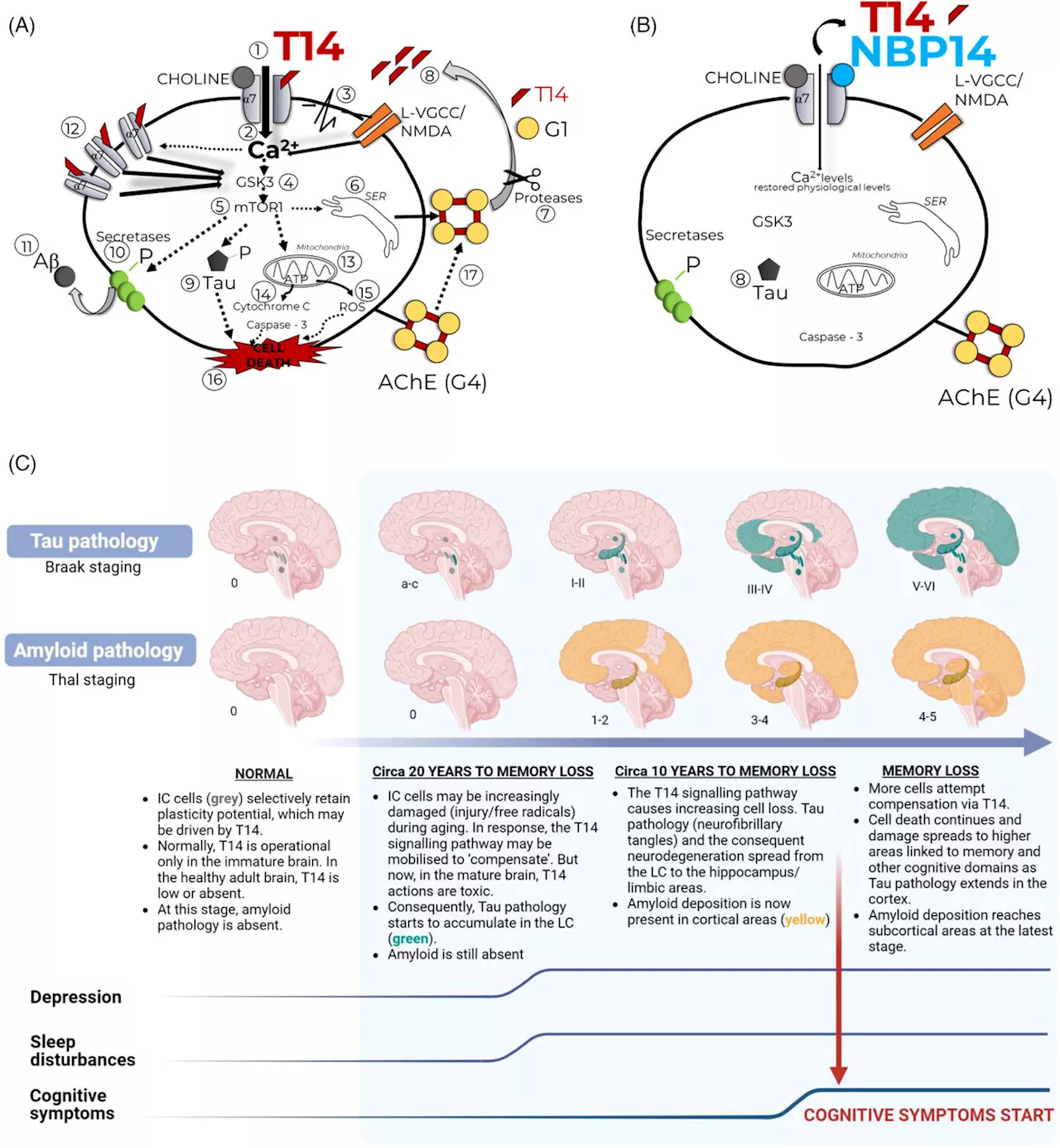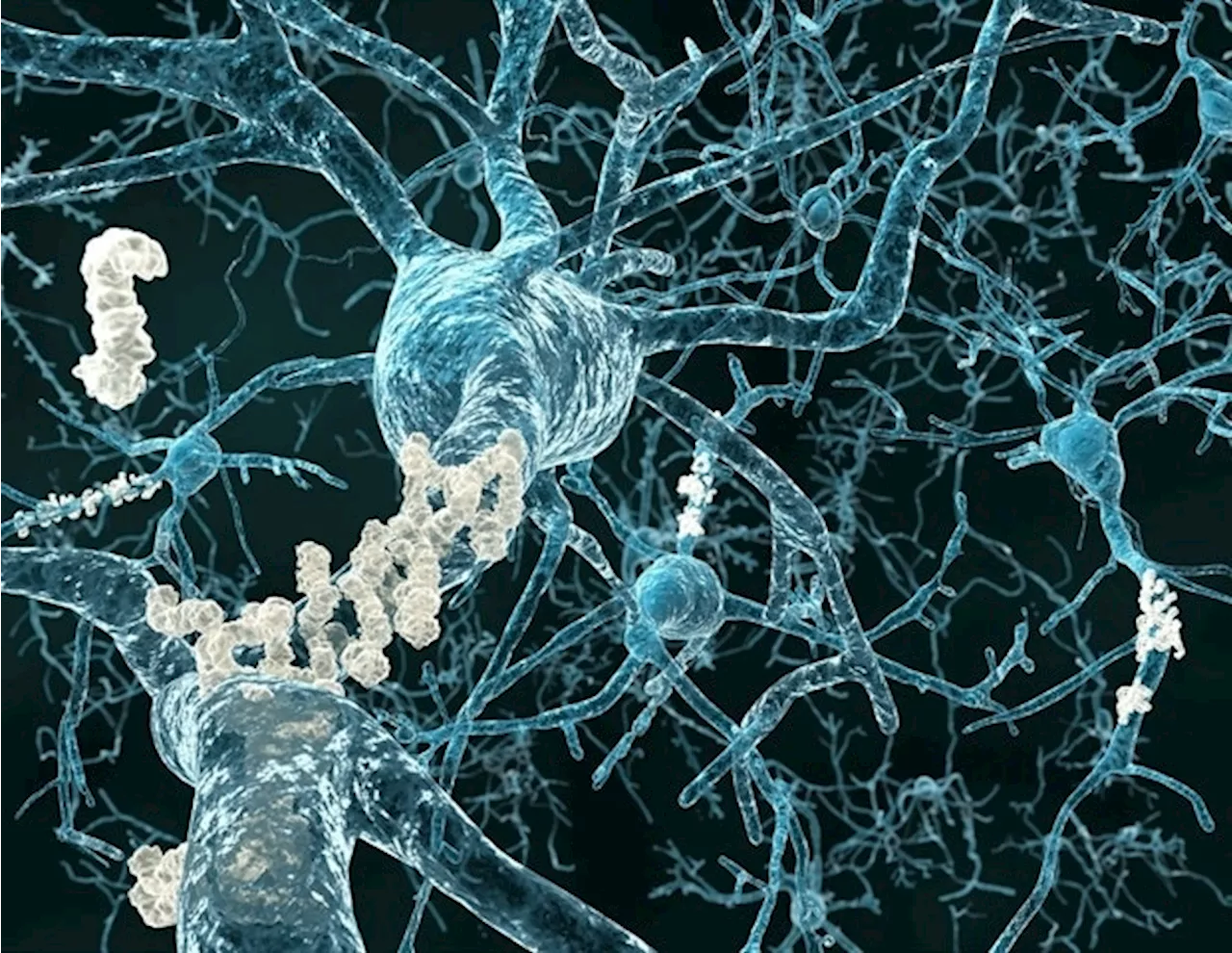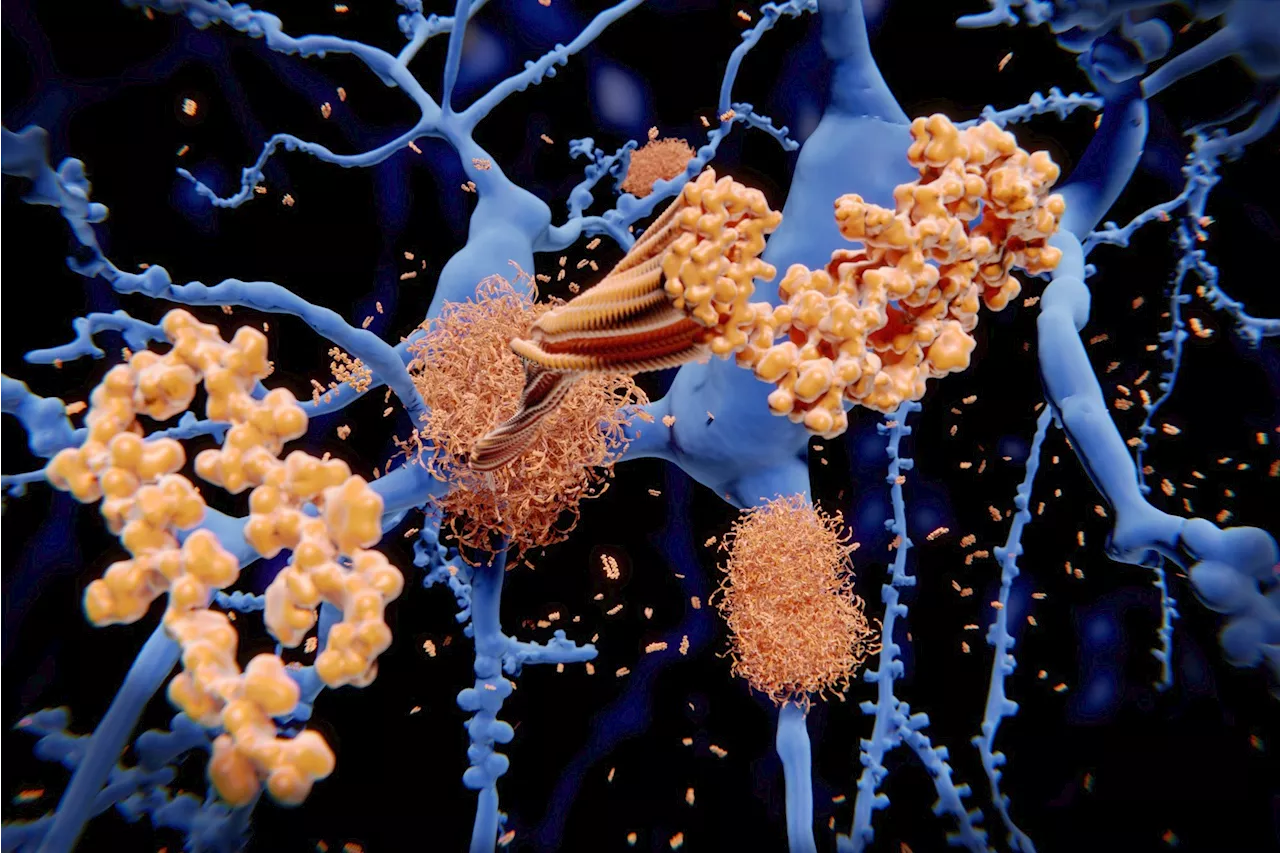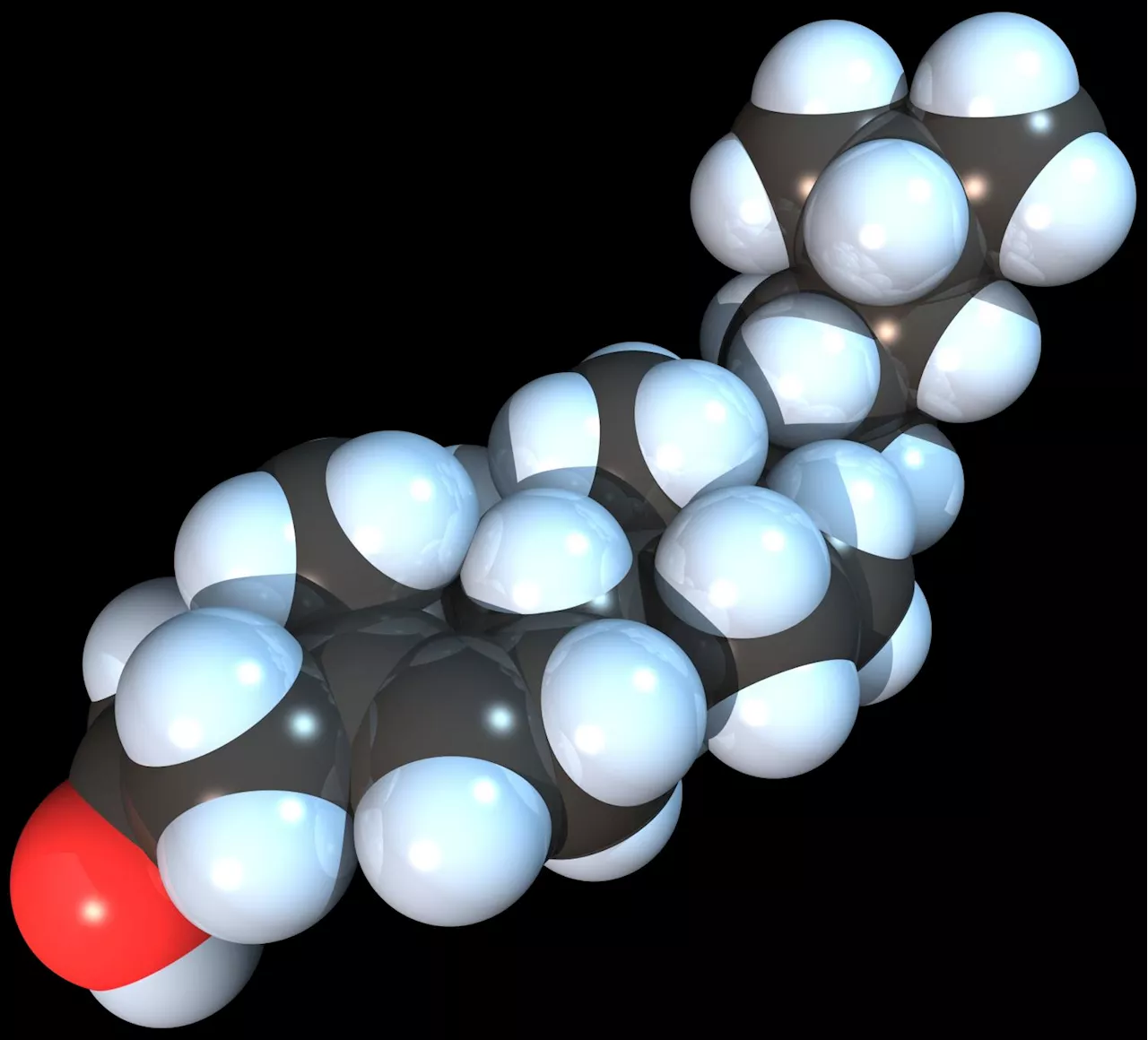Researchers have discovered a potential red flag sign for Alzheimer's disease that is extremely debilitating for both the sufferer and their family.
A new study has found that failing to identify multiple objects and a "space perception deficit" could be an early warning sign of Alzheimer's disease.
According to the research, deficits in executive function, memory, behaviour, speech and language were identified. At the point of diagnosis, 61 per cent of participants showed signs of "constructional dyspraxia" - which was patients looking unable to copy or draw up basic diagrams or figures. Marianne Chapleau, PhD, of the UCSF Department of Neurology said: "We need more awareness of PCA so that it can be flagged by clinicians. Most patients see their optometrist when they start experiencing visual symptoms and may be referred to an ophthalmologist who may also fail to recognize PCA.
The study identified levels of tau and amyloid - found in cerebrospinal fluid and imaging - and autopsy data, and matched these with data found in typical Alzheimer's cases. The expert said: "However, at UCSF we are considering treatments for patients with PCA and other non-amnestic variants."
United Kingdom Latest News, United Kingdom Headlines
Similar News:You can also read news stories similar to this one that we have collected from other news sources.
 Researchers discover the mechanism that links a diet rich in fats with Alzheimer's diseaseA study led by the Universitat Rovira i Virgili (URV) has revealed the mechanism behind the link between a diet high in saturated fats and Alzheimer's disease. The research focused on how this kind of diet affects certain molecules found in the blood and in other tissues such as the brain that act as markers and regulators of the disease.
Researchers discover the mechanism that links a diet rich in fats with Alzheimer's diseaseA study led by the Universitat Rovira i Virgili (URV) has revealed the mechanism behind the link between a diet high in saturated fats and Alzheimer's disease. The research focused on how this kind of diet affects certain molecules found in the blood and in other tissues such as the brain that act as markers and regulators of the disease.
Read more »
 Researchers find intriguing connections between Alzheimer's disease and other common conditionsA study has found that while some medical conditions appear to increase our likelihood of developing Alzheimer's disease, others appear to decrease the odds.
Researchers find intriguing connections between Alzheimer's disease and other common conditionsA study has found that while some medical conditions appear to increase our likelihood of developing Alzheimer's disease, others appear to decrease the odds.
Read more »
 Researchers examine evidence for a novel neuronal mechanism driving Alzheimer's diseaseAn international team of clinicians and neuroscientists have published a new perspective on the process of neurodegeneration. Their findings review evidence for a mechanism upstream of amyloid including the key neurochemical driving this process.
Researchers examine evidence for a novel neuronal mechanism driving Alzheimer's diseaseAn international team of clinicians and neuroscientists have published a new perspective on the process of neurodegeneration. Their findings review evidence for a mechanism upstream of amyloid including the key neurochemical driving this process.
Read more »
 Researchers identify novel way to potentially slow down or halt Alzheimer’s progressionResearchers at the Icahn School of Medicine at Mount Sinai have made a significant breakthrough in Alzheimer's disease research by identifying a novel way to potentially slow down or even halt disease progression.
Researchers identify novel way to potentially slow down or halt Alzheimer’s progressionResearchers at the Icahn School of Medicine at Mount Sinai have made a significant breakthrough in Alzheimer's disease research by identifying a novel way to potentially slow down or even halt disease progression.
Read more »
 Study finds Plexin-B1 could be key to Alzheimer’s treatment, enhancing glial cell responseResearchers discovered that Plexin-B1 plays a crucial role in regulating peri-plaque glial nets in Alzheimer’s disease, potentially opening new avenues for treatment by targeting this protein.
Study finds Plexin-B1 could be key to Alzheimer’s treatment, enhancing glial cell responseResearchers discovered that Plexin-B1 plays a crucial role in regulating peri-plaque glial nets in Alzheimer’s disease, potentially opening new avenues for treatment by targeting this protein.
Read more »
 Researchers study indicators of coronary obstructions in women with established coronary artery diseaseResearchers in medicine have been studying the composition of biochemical markers to determine correlations between during health and disease for several decades. The data helps health care professionals to accurately diagnose and treat diseases, some of which are life threatening.
Researchers study indicators of coronary obstructions in women with established coronary artery diseaseResearchers in medicine have been studying the composition of biochemical markers to determine correlations between during health and disease for several decades. The data helps health care professionals to accurately diagnose and treat diseases, some of which are life threatening.
Read more »
